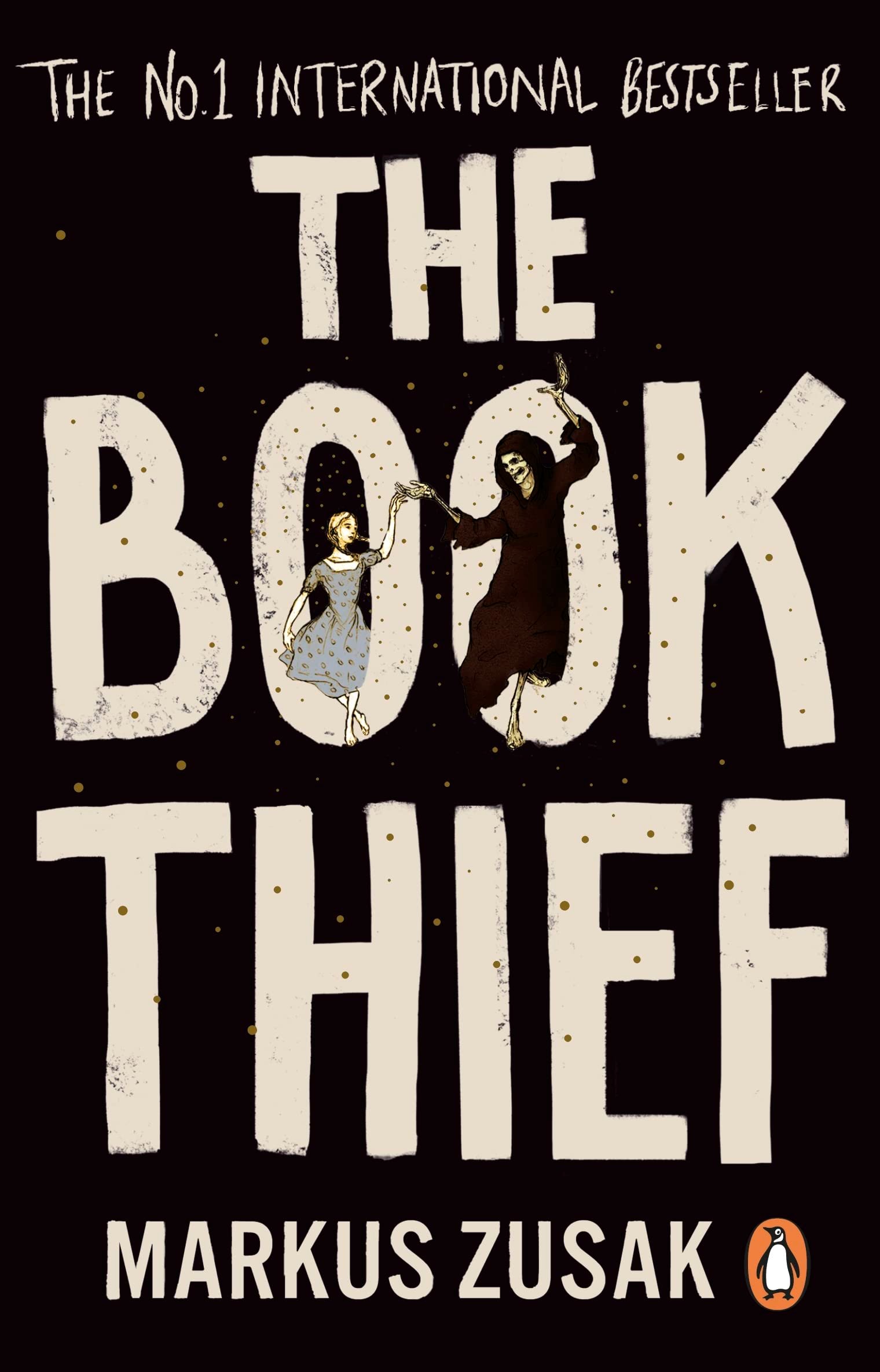In a world filled with tumultuous events, there are stories that stand out, transcending time and leaving a profound impact on readers. “The Book Thief” by Markus Zusak is one such timeless tale that has captured the hearts of readers worldwide. Set in Nazi Germany during the years 1939-1943, the novel follows the life of Liesel Meminger, a young girl who discovers the enchanting world of books and words amidst the horrors of war. The narrative is beautifully and uniquely told by Death himself, offering readers a thought-provoking and emotional journey.
A Love Affair with Books:
Liesel Meminger’s life takes a pivotal turn when she stumbles upon “The Gravedigger’s Handbook” by accident. This simple act of book thievery marks the beginning of Liesel’s love affair with literature. Guided by her foster father, a compassionate accordion-playing man, Liesel learns to read, and her world is enriched with the magic of words. Throughout the story, we witness her steal books from Nazi book burnings and the mayor’s wife’s library, showcasing her brave defiance against oppressive forces.
A Unique Narrator:
What sets “The Book Thief” apart is the captivating narration by Death himself. Addressing Liesel as “The Book Thief,” Death observes and shares her journey, providing a hauntingly beautiful perspective on the events unfolding during World War II. This narrative choice not only adds depth to the story but also allows readers to reflect on the impact of war and the resilience of the human spirit.
Themes of Love and Loss:
Amidst the backdrop of war and cruelty, “The Book Thief” explores profound themes of love and loss. Liesel’s bond with her foster family and her friendship with Rudy, a boy with a penchant for mischief and a heart of gold, serve as heartwarming reminders of the human capacity for compassion and connection. Yet, the novel does not shy away from the harsh realities of war, delivering emotional blows that leave a lasting impression on readers.
The Power of Words:
At the heart of the story lies the belief in the transformative power of words. Liesel’s passion for books allows her to find solace in the darkest times and helps her connect with others on a deeper level. Through Liesel’s journey, Zusak emphasizes the importance of literature and the written word in shaping our understanding of the world and the human experience.
Reactions and Opinions:
“The Book Thief” has garnered a wide range of reactions from readers. Some have praised the novel as a masterpiece, admiring its unique narrative and emotional depth. The portrayal of Death as a character has particularly resonated with many, offering a fresh perspective on the horrors of war. Others have found the writing to be lyrical and poignant, making it an unforgettable reading experience.
On the other hand, some readers have expressed mixed feelings about the book. Some found the narrative style to be distracting, while others felt that certain elements were overly sentimental or heavy-handed in their symbolism. However, even those who were not completely won over by the novel often acknowledged its powerful themes and lasting impact.
Conclusion:
In conclusion, “The Book Thief” by Markus Zusak is a remarkable work of fiction that transcends genre boundaries and has rightfully earned its place as a modern classic. Through the eyes of Death, readers are taken on a journey through the complexities of war, love, loss, and the power of words. Liesel’s tale serves as a poignant reminder of the resilience of the human spirit, even in the darkest of times.
The novel’s ability to evoke strong emotions and provoke thoughtful reflection has contributed to its widespread acclaim among readers of all ages. Whether you are a lover of historical fiction, a fan of unique narrators, or simply seeking a moving and thought-provoking read, “The Book Thief” is a book that is likely to leave an indelible mark on your heart.

